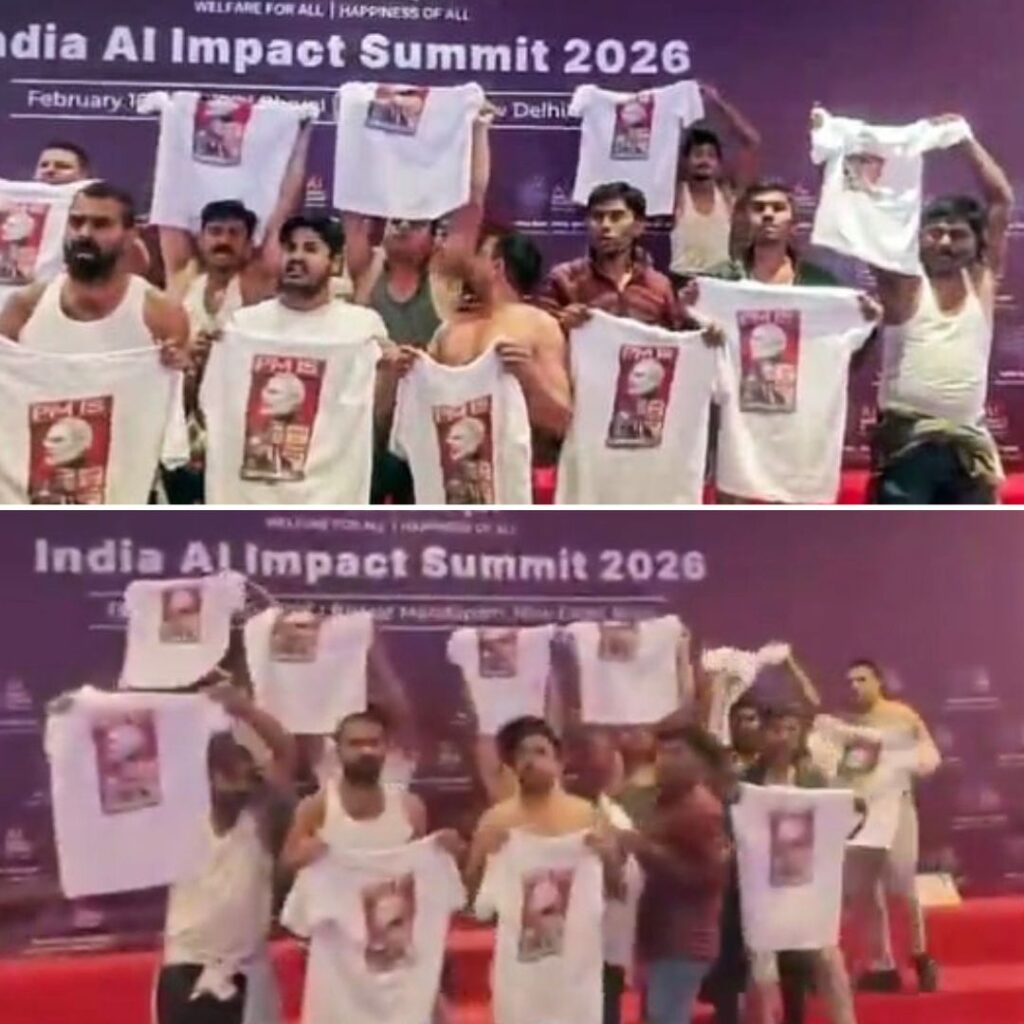The laptop import restrictions, initially slated to take effect in early 2023, have been a subject of significant debate and scrutiny in recent months. The proposed measures aimed to enhance cybersecurity by imposing stringent regulations on the import of laptops, particularly those originating from certain countries known for their cybersecurity risks. However, it seems that the implementation timeline for these restrictions is now undergoing a reevaluation. Multiple factors have contributed to this potential delay, including concerns raised by various stakeholders, technical complexities in enforcement, and the need for further assessment of potential economic impacts.
One of the primary concerns voiced by consumer advocacy groups and businesses alike has been the potential disruption these restrictions could cause to the global supply chain of laptops. Laptops are not only essential for individuals but also serve as indispensable tools for businesses, educational institutions, and governments worldwide. Any abrupt disruption in the supply chain could have cascading effects on productivity, education, and overall economic stability.
Moreover, experts have highlighted the complexity of enforcing such restrictions effectively. Determining the origin of laptops in today’s globalized manufacturing landscape can be challenging, and distinguishing between secure and non-secure sources is not always straightforward. Addressing these technical hurdles is crucial to ensuring the proposed restrictions achieve their intended cybersecurity goals without unintended consequences.
Economic considerations have also come into play as governments weigh the potential impact on trade and industry. Delaying the restrictions until September 2024 allows for a more comprehensive economic impact assessment, ensuring that any potential harm to industries is minimized and alternative solutions can be explored.
While the laptop import restrictions were initially proposed with the noble intent of bolstering cybersecurity, the potential delay until September 2024 reflects the intricate nature of addressing such concerns in our interconnected world. This extra time provides an opportunity for policymakers to carefully weigh the benefits and drawbacks of these restrictions, ensuring that they strike the right balance between security and the continued availability of essential computing tools. As the debate continues, stakeholders will closely watch for updates on this crucial issue, recognizing that the outcome will have far-reaching implications for individuals, businesses, and governments worldwide.
Also Read: IIT Alumnus Pavan Davuluri To Head Microsoft’s Silicon, Systems & Devices Team
https://thelogicalindian.com/h-upload/2023/09/27/500x300_233724-firefly-laptop-import-statistics-91225.webp
Trending
2023-09-28 07:20:35.0
Laptop Import Restrictions Likely Delayed Until September 2024












